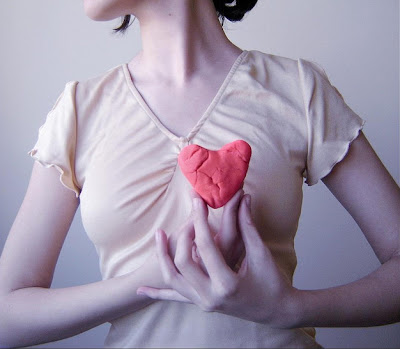I am From
I am from the scattered guitar picks
Orange flowers blooming in the lamplight
From the torn papers
Strewn across the tables
I am from the mellifluous plucking of strings
The constant hum of my daily life
I am from singing in the bathroom
From whistling our favorite songs
From the soft crooning of lullabies in the dark.
I am from the cracking paint,
The gutters sprouting with moss.
From the freezing winters,
The conservation of heating oil.
I am from the great pine outside my window
That I used to make shapes in
A hamster
Superman
Arms shackled with thorns
Watch me as I sleep.
I am from rushed Chanukahs
The candlelight dancing in the window
The lights turned down low
I am from the carefully planned Seders
With the Haroset piled gently in its place
The parsley-flicking wars
Flinging salt-water onto my glasses
Shouting, “Blood!” and “Beasts!”
Without a care in the world.
I am from the cold Belarusian winters
The hastily hidden cucumbers
From Shabbat by flickering candlelight
I am from the hurriedly packed belongings
Their carriers rushing to the port
I am from new beginnings
 |
| Image © Paula Bailey 2005 |
On a road paved in gold.


